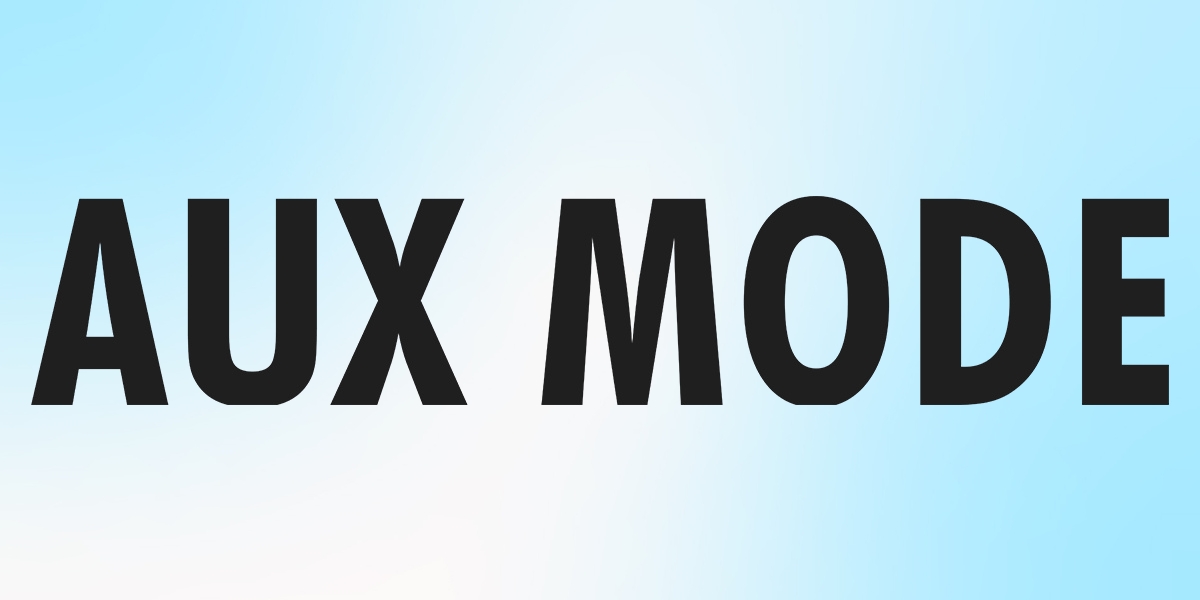Due to the most significant increase in interest rates in 27 years, the Bank of England has warned that the UK will experience a recession. Up until the end of 2023, the economy is predicted to continue contracting in the final three months of this year.
Inflation is expected to reach over 13 percent, and interest rates were increased to 1.75 percent as the bank fights to contain rising costs.
Even though he acknowledged the difficulty of the cost-of-living pinch, Governor Andrew Bailey warned that things would get “far worse” if interest rates didn’t rise.
Energy costs are out of control as a result of Russia’s invasion of Ukraine, which is the primary cause of high inflation and slow growth.
By October, the bank warned, the average household’s monthly energy costs will reach about £300.
It is anticipated that the current recession will last the longest since 2008 when the UK banking sector was in danger of collapsing and lending was halted. The current recession may not be as severe as it was 14 years ago, but it could endure just as long.
Governor of the Bank Andrew Bailey stated that he had “great sympathy and huge understanding for people who are struggling hardest” due to the expense of living.
The cost of borrowing goes up, which should encourage people to borrow less and spend less; thus, raising interest rates is one strategy to attempt and manage inflation. People may be inspired to save more money by it. With the increase in interest rates, many people, including some mortgage holders, would face even greater financial strain.
Homeowners with a typical tracker mortgage would now pay roughly £52 more each month due to the increase in rates to 1.75 percent. Those with conventional variable-rate mortgages will feel a £59 increase. As a result, holders of tracker mortgages may pay up to £132 more per month for their variable mortgages than they did prior to December 2021, and they may spend roughly £167 more per month for their tracker mortgages. Since the end of the previous year, interest rates have climbed six times in a row.
Credit card, bank, and auto loan fees all increase with increased interest rates. London businessman Patrick Reid owes $25,000 in credit card and loan debt and worries about how much more it will cost him if interest rates climb.
The most significant caution from the Bank of England
This one is the loudest of all the warning sirens that the Bank of England has sounded.
The Bank of England announced the greatest rate increase in over 25 years to tame even higher inflation peaks of an astonishing 13 percent. However, the biggest surprise here is that it predicts a recession that will last as long and be as severe as the one that began in the early 1990s.
When the inflation rate is expected to reach a 42-year high, it is clear that we are in a full-fledged recession. Stagflation, which is the result of an economy that is stagnant and excessive inflation, is well-illustrated in this situation. It will undoubtedly prompt inquiries as to why rates rise during a recession when customers are already cutting back on their spending.
Already this year, energy costs have increased significantly, putting pressure on household budgets and slowing the UK economy’s growth.
Fears are mounting that Russia may completely shut off the taps as it fights a war in Ukraine and has cut European supply.
Due to the potential for gas supply issues, wholesale prices have skyrocketed. As a result, energy companies are now passing these costs along to consumers, which has caused home energy expenses to increase by record levels.
Families have been impacted by rising food and fuel expenses in addition to energy costs.
The bank stated that there has already been a slowdown in UK economic growth and that “the prognosis for the UK and the rest of Europe has significantly deteriorated” as a result of the most recent increase in gas prices.
For most of next year, according to the bank, the rate of inflation is anticipated to remain at “extremely strong levels.” Eventually, the following year, it will reach the bank’s 2 percent target.





